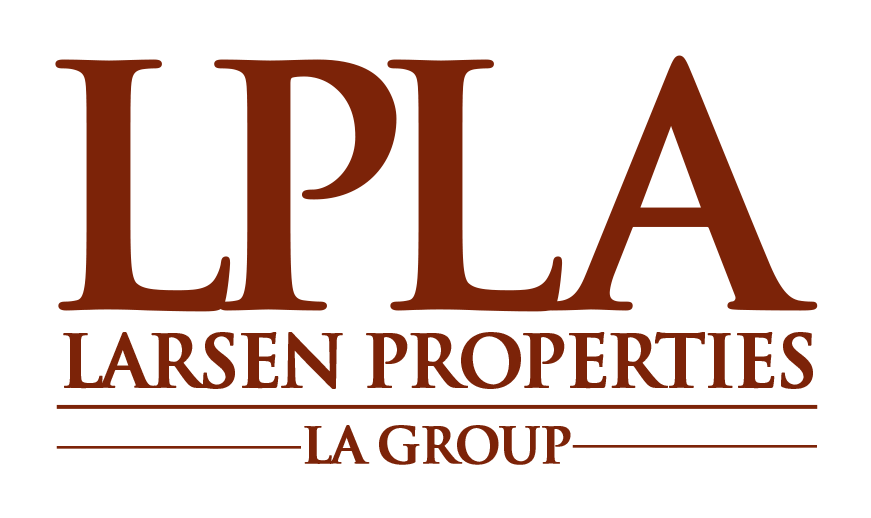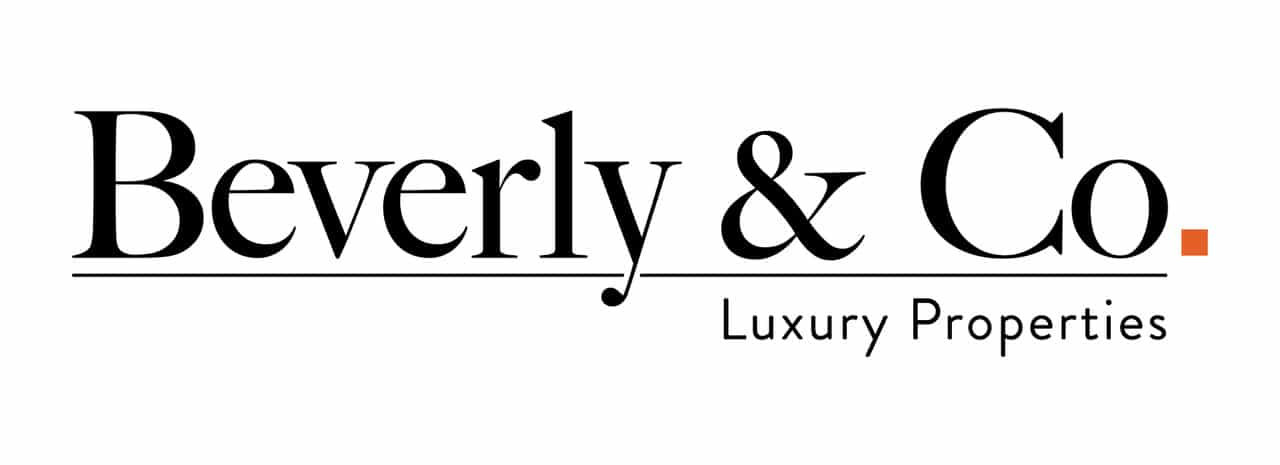Loan Pre-Approval vs. Pre-Qualification
Understanding the Difference
Both pre-qualification and pre-approval are important steps in the mortgage process, but they provide very different levels of certainty. Understanding these differences is essential for positioning yourself as a serious, competitive buyer.
Pre-Qualification: The Starting Point
- Quick estimate of your borrowing potential
- Simple conversation or brief application disclosing income, debts, and assets
- General idea of borrowing capacity without thorough review of financials or credit history
- Useful starting point for understanding your budget when house hunting
Pre-Approval: The Gold Standard
- Formal, comprehensive evaluation of your financial situation
- Requires documentation: tax returns, pay stubs, bank statements
- Results in a definitive loan amount, making you a far more attractive buyer
- A pre-approval letter (dated within the last 30 days) must be included with your offer, along with proof of funds
Why pre-approval matters: Obtaining loan pre-approval is crucial for determining your comfortable price point and establishing credibility. With a lender of good standing, your offer becomes more appealing to sellers. Pre-approval positions you as a serious buyer, allowing us to negotiate effectively when the right home becomes available and ensuring you can make informed, competitive offers.

Protect Your Loan Approval: Avoid Major Financial Changes
Once you begin the loan process, your financial situation needs to remain stable. Before applying for a home loan, discuss a financial action plan with your lender—and stick to it.
What to avoid before and during the loan process:
No major purchases – Buying a new car, expensive furniture, or other big-ticket items increases your debt-to-income ratio, a key factor lenders monitor closely when determining loan eligibility and terms.
Don’t pay down credit cards without lender approval – While it may seem beneficial, paying down balances can affect your cash reserves and credit utilization ratio, both critical components of your credit profile.
Maintain financial consistency – Any significant changes to your financial situation can lead to complications, delays in closing, or even jeopardize your loan approval altogether.
Bottom line: Maintain your financial status exactly as discussed with your lender until after you close on your new home.
Finding the Right Lender
Start with Your Credit Report
Obtain a free credit report before speaking with lenders. This protects your FICO score from multiple hard inquiries. Once you’ve chosen a lender, give them permission to pull your credit for the formal pre-approval process.
Explore Your Options
If you have a strong relationship with a financial institution or credit union, explore the loan programs they offer. Additionally, consider local lenders who may provide access to special programs—low-income options, down payment assistance, or city grants—that can enhance your financing and make homeownership more accessible.
Why Local Lenders Matter
We work closely with top local lenders to ensure consistent communication, accountability, and the best financing options for our clients. Choosing a local lender with a proven track record can significantly strengthen your offer—and be crucial in winning a competitive bid.
Sellers care about your lender. They often inquire about the lender’s reputation because a trusted local lender facilitates a smooth closing process and reduces the risk of deal complications.
Online and out-of-state lenders can be difficult to reach when issues arise and may only provide a pre-qualification rather than a thorough pre-approval. This can weaken your offer and create challenges during the transaction.
For access to special low-income options, down payment assistance, or city grants, visit our lenders page for trusted local connections.
Important: You Cannot Switch Lenders After Acceptance
Once we write an offer and it’s accepted, per the purchase contract, you cannot switch lenders after five days. Choose your lender carefully from the start to avoid complications down the road.



